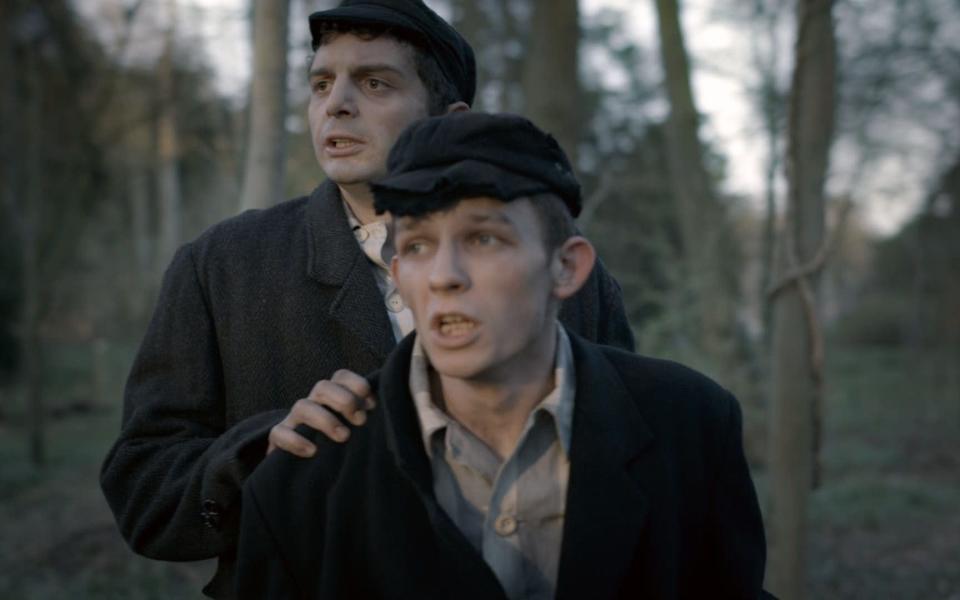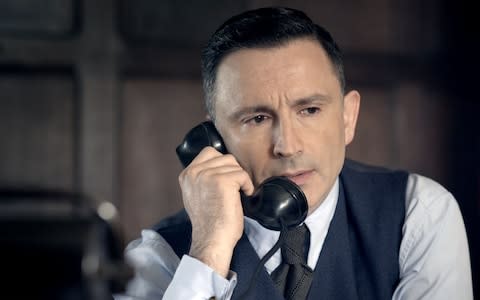1944: Should We Bomb Auschwitz? review - A sobering account of how lives could have been saved

Moral dilemmas don’t come much tougher than that described in 1944: Should We Bomb Auschwitz? (BBC Two). This was a desperately sad, engrossing documentary that took us back to a time before the world became aware of the horrors being perpetrated in the Nazi death camp at Auschwitz-Birkenau – and the stark choices facing those who received the initial evidence of it.
The film brilliantly evoked, through a mix of interviews, reconstruction and archive material, how even as late as April 1944 the Allies were almost entirely unaware of the programme to exterminate the Jews. As shown here, the first evidence began to trickle out when two Jewish prisoners, Rudolf Vrba and Alfred Wetzler, escaped from Auschwitz and recorded detailed accounts of the industrialised murder being committed.
With the scale the of the atrocities so horrifying – around 125,000 people every month were being murdered at the peak of the camps’ activity – from the moment the evidence began to filter out, calls were made for the Allies to bomb and destroy the gas chambers at the camps. The argument was that to stop mass killing you have to first destroy the instrument of killing.

But what of the tens of thousands of prisoners already in the camp who might be killed in such a raid? Few would have known it at the time but risking their lives could have saved hundreds of thousands of Hungarian Jews who were transported to the camps subsequently.
The film was particularly good at outlining the arguments for and against bombing. Churchill was in favour, but with the war at a turning point after D-Day and all resources being directed at defeating the German military, there was resistance from British and American commanders – not least on technical grounds, as the camps were in the far east of Poland. As with so many moral quandaries, indecision reigned.
In the end it was the Germans who destroyed the gas chambers, trying to conceal the evidence after the genocide became public in November 1944. It was truly sobering to consider how many lives might have been saved, if the camps had been bombed earlier.

